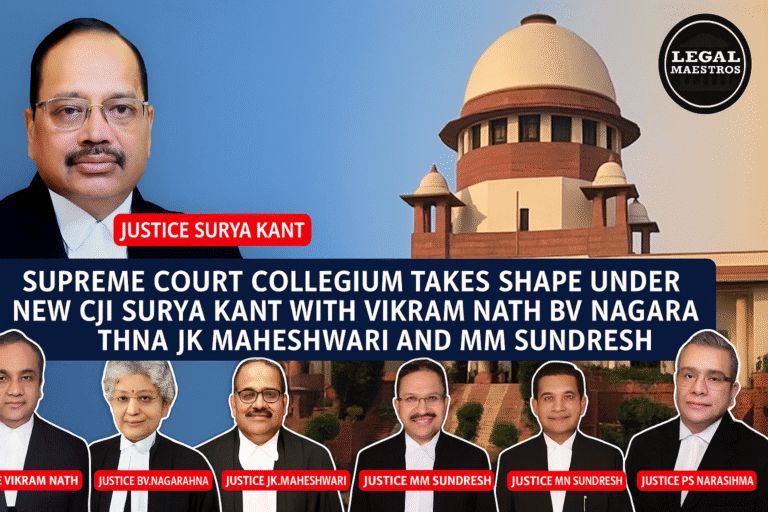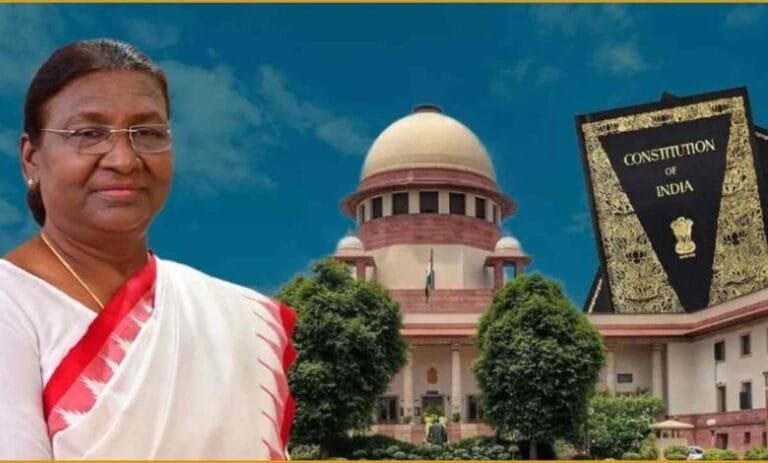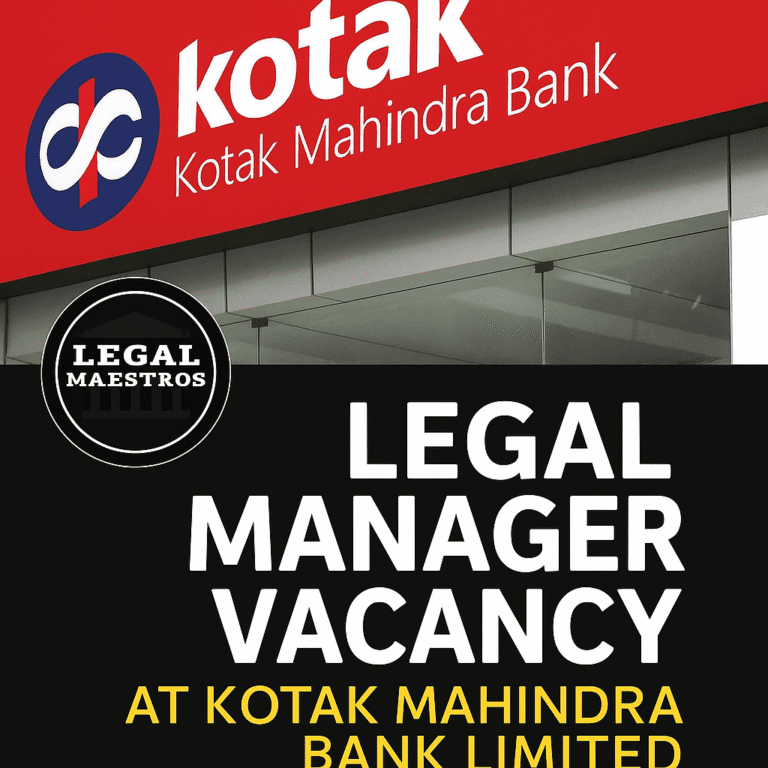
Contract
Presided by: Justice K. Vinod Chandran, Justice N.V. Anjaria, Supreme Court of India
Appellant: Senior Advocate for Kulwinder Kaur & Ors.
Respondent: Counsel for Parshant Sharma & Anr.
For any queries or to publish an article or post or advertisement on our platform, do call at +91 6377460764 or email us at contact@legalmaestros.com.
Background
At around 3.00 a.m. on 31 August 2007, Rajinder Singh Mihnas (a 31-yeared old US national, the owner-operator of West End Express Inc.) had been travelling between Delhi and Hoshiarpur when a Swaraj Mazda truck whose driver was interviewed, was driven negligently, collided with his car at Nirmal Kutia Chowk, Karnal. Singh, a reportedly earning of 9,600 (9.25 lakh in Indian currency) dollars a month in the US, died of his injuries. Section 166 of the Motor Vehicles Act, 1988 was claimed by his wife, daughter and parents.
Because they failed to establish to the satisfaction of the Motor Accident Claims Tribunal (MACT) that they had earned US dollars, his monthly income was calculated at only 5,000 rupees and they were awarded 7,80,000 rupees with a 6 percent interest rate. Even in the Punjab & Haryana High Court, on appeal it has used authenticated US wage and document, monthly income was pegged at 78,300, an award of 1,17,20,200 was increased. Nevertheless, it refused to include the calculation of the future prospects.
Analysis by Supreme Court
The appellants argued that the High Court made incorrect ruling by not mentioning the prospects into the future, basing such arguments on National Insurance Co. Ltd. v. Pranay Sethi, (2017) 16 SCC 680, which provides that a missing person aged below 40 years, including the individuals who are self-employed, should have a 40 percent addition to the established income of the deceased persons.
The exploration on the income that was ascertained by the High Court was affirmed by the Court because it was underpinned by evidence and not disputed by the insurer. As it was incompatible with Pranay Sethi, it denied the request connected with the multiplier being larger (17 rather than 16). Nevertheless, it held that there was some validity in application of the future prospects principle since the income of a self-employed person does not remain constant and changes effected by economic circumstances.
Given the deceased’s nationality of the United States and that he was fully self-employed abroad, the court ruled that in the absence of specific foreign economic data, the Pranay Sethi framework still must be applied in determining the compensation in Indian proceedings.
Court’s Reasoning and Calculation
Applying a 40% increment for future prospects, the Court revised the compensation as follows:
| Head of Claim | Amount (₹) |
| Loss of Dependency | 1,57,85,280 |
| Loss of Consortium | 1,60,000 |
| Loss of Estate | 15,000 |
| Funeral Expenses | 15,000 |
| Total | 1,60,15,280 |
Conclusion
The ruling of the Supreme Court supports the equal application of Pranay Sethi to both salaried and self-employed individuals despite the fact that their earnings might be in a foreign country. By acknowledging the earning capacity of the deceased, the Court once again put in line the idea that compensation under the Motor vehicles legislation must mirror a reasonable and appropriate estimation of loss, which would follow the rule of law.






